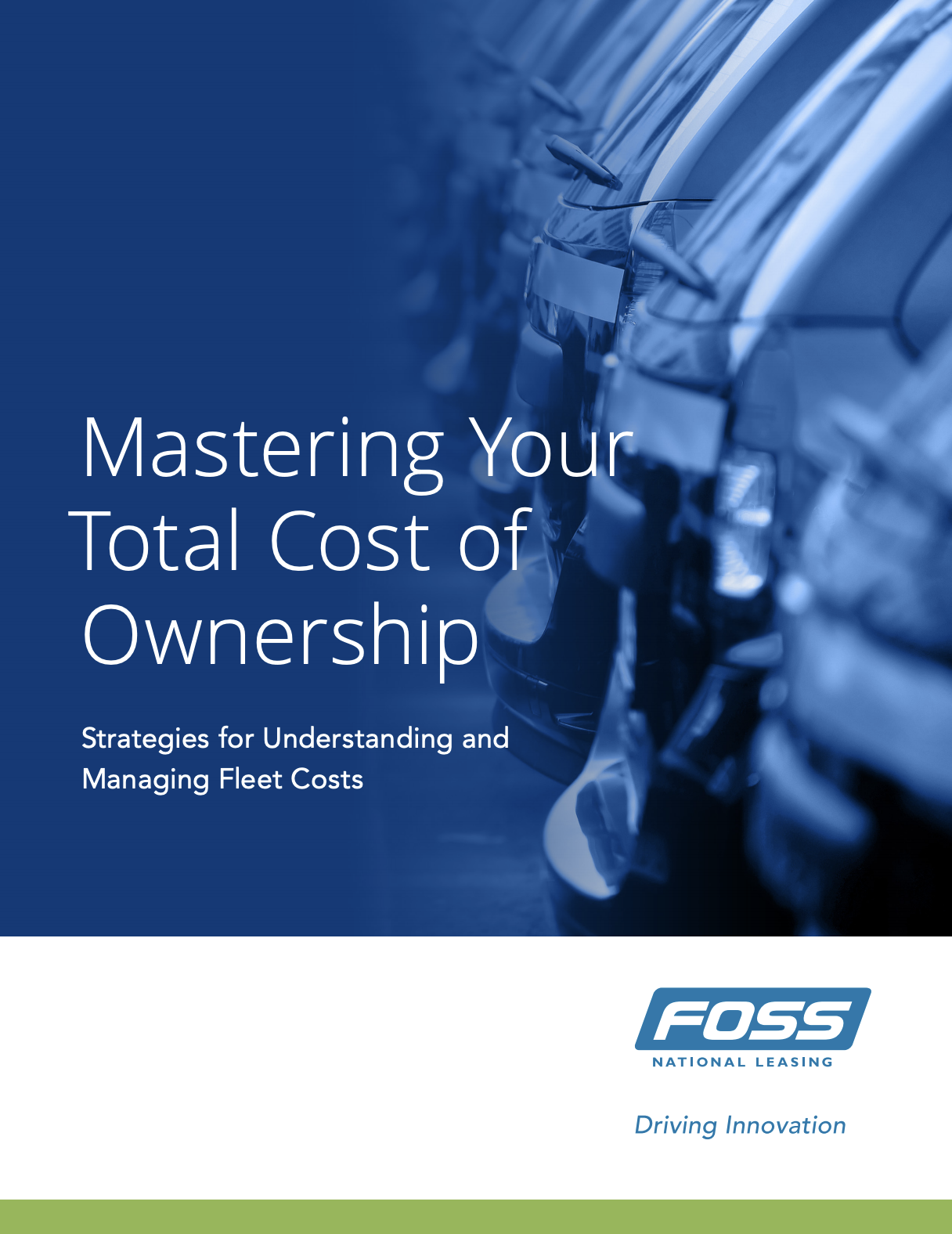
To protect both your business and your employees, it’s critical to understand taxable benefits. To help get you the information you need, we interviewed our resident Financial Analyst Andrew Kines.

In this article, Andrew shares taxable benefit implications for both employers and employees. He also provides advice on how to keep on top of them.
Q: What exactly are taxable benefits?
Andrew: Normally, companies pay employees in cash. But there are other forms of compensation available, for example, a car—which is payment in lieu of cash. From a tax standpoint, the employer is giving the employee compensation for work. CRA is going to take taxes off of any compensation you get, whether that be cash, car, or any other kind of benefit.
Q: Why is it important for both fleet operators and employees to know about taxable benefits?
Andrew: Fleet operators need to know about taxable benefits because, if they don’t follow the guidelines, it affects their payroll remittance to Canada Revenue Agency (CRA). Depending on what threshold they fall under for payrolls, they’ll need to remit any additional taxes to the CRA.
Employees are responsible for paying taxes that are due to CRA because of the benefit that they’re given. So they need to do a calculation at the end of the year to determine if they’ve paid enough taxes.
Unfortunately, often employees don’t know there are more implications beyond just getting a company vehicle. It’s important that employers communicate that, on top of just receiving the vehicle, the employee needs to pay taxes.
Q: What are some of the elements business operators need to be conscious of when growing their fleet?
Andrew: From the taxable benefits perspective, it’s about educating your employees, and making sure they keep logs of kilometers traveled for both business and personal. From an employer standpoint, as the business scales, they need to make sure they do proper payroll tax remittances.
Q: What advice do you have for fleet operators to assist employees in properly logging their use of a company vehicle?
Andrew: Historically, we’ve handed out little paper logbooks that drivers can use as a trip tracker to markdown business and personal. There are also phone apps drivers can use (as long as the vehicle is parked.) Here at Foss National, our new Trip Tracker is a great tool available in our driver portal for all drivers on our taxable benefits program.
The most important thing is to remain vigilant in properly logging all trips, so drivers know how many business and personal kilometers are driven.
Q: Any key takeaways for our readers?
Andrew: It’s key that employers know the implications of giving such benefits to their employees. And employees must know the implications of receiving the vehicle, and how to properly comply with CRA. Ultimately, it’s farther reaching than just giving or receiving a car. So I’m not saying everyone has to be an accountant or understand how to do all the calculations, but it’s best to educate yourself and your employees as much as you can.
Next Step:
Download our white paper - Understanding Your Total Cost of Ownership. From it, you'll learn proven strategies for taking better control of your fleet costs.
Get to Know the Author
Basil Marcus is the president of Foss National Leasing and LeasePlan Canada. With a lifelong passion for automotive, he journeyed from business development to leading one of Canada's top fleet management companies.
Meet our team







